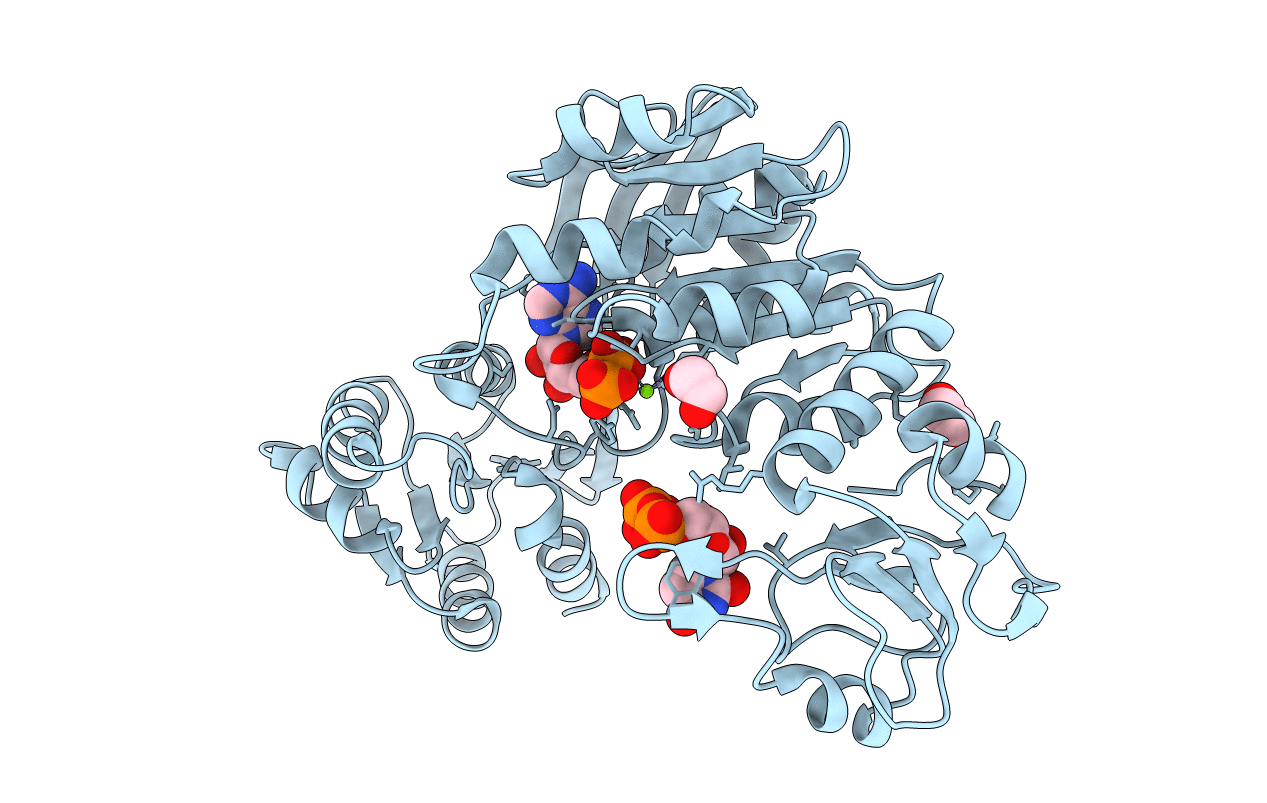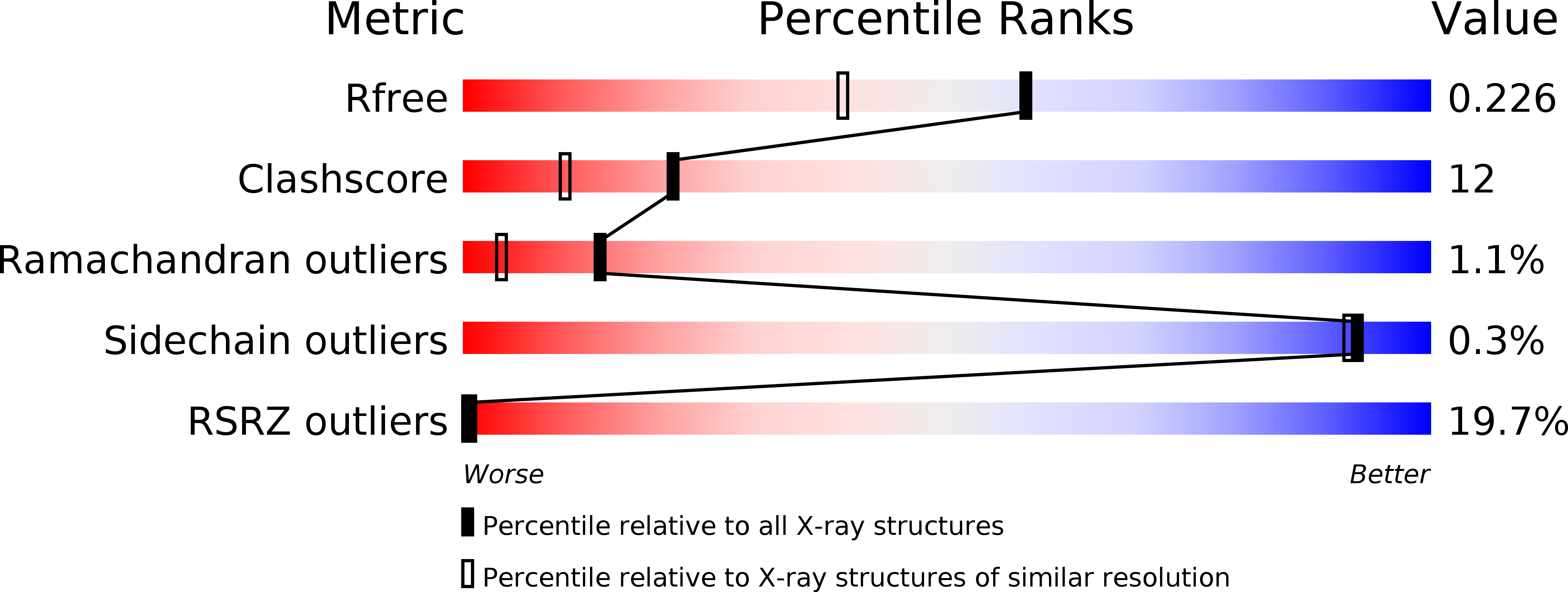
Deposition Date
2014-05-13
Release Date
2015-04-01
Last Version Date
2024-03-20
Entry Detail
Biological Source:
Source Organism(s):
Acinetobacter baumannii (Taxon ID: 557600)
Expression System(s):
Method Details:
Experimental Method:
Resolution:
1.80 Å
R-Value Free:
0.25
R-Value Work:
0.22
R-Value Observed:
0.22
Space Group:
P 32 2 1


